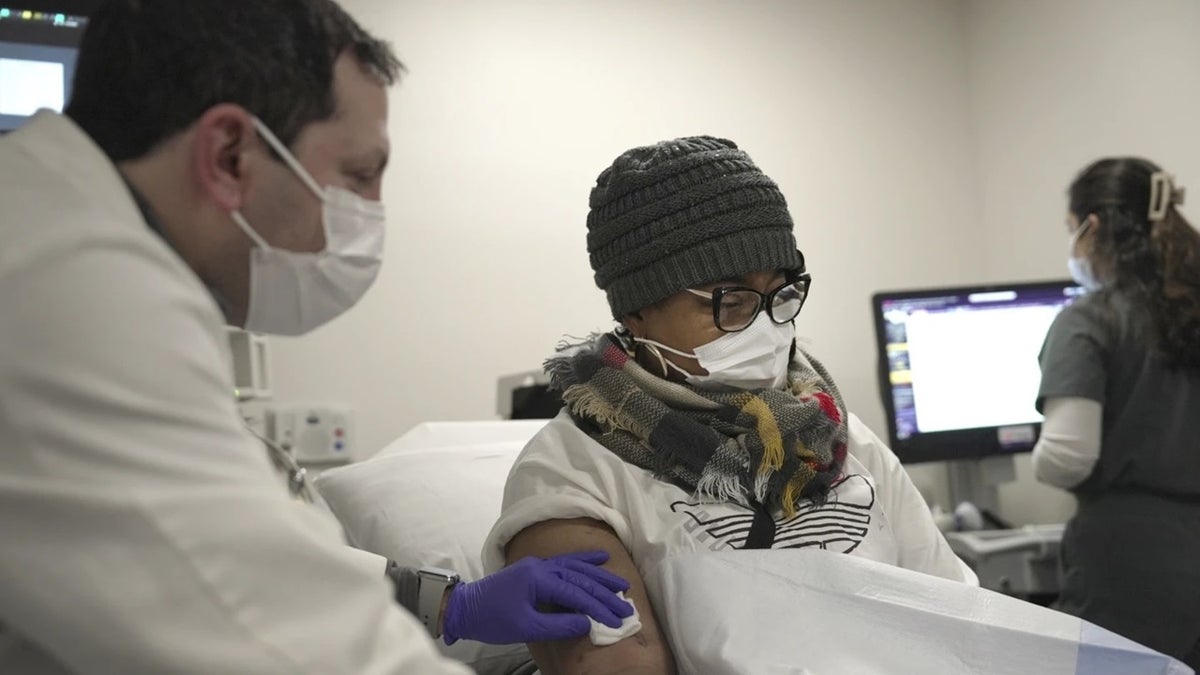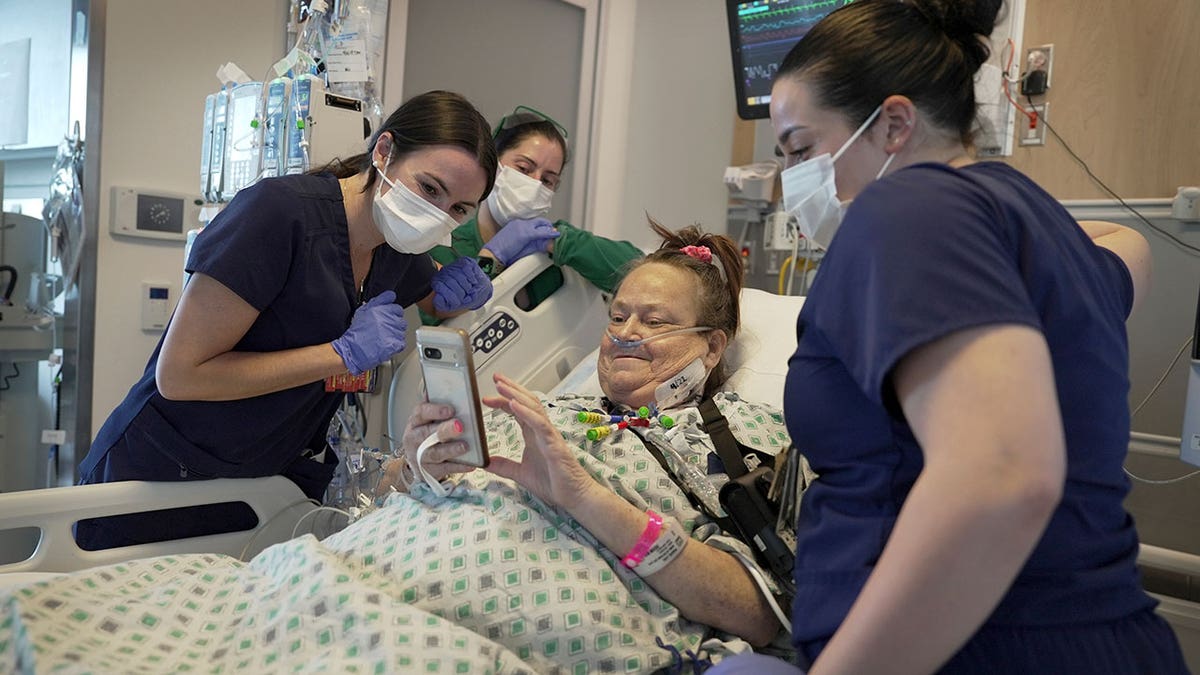An Alabama woman living with a pig kidney for a record 130 days had it removed after her body began to reject it.
Towana Looney from Gadsden, Ala., returned home following her April 4 surgery at NYU Langone Health.
Looney thanked her doctors for “the opportunity to be part of this incredible research.”
WOMAN WHO RECEIVED EXPERIMENTAL PIG KIDNEY TRANSPLANT BACK ON DIALYSIS AFTER NEW ORGAN FAILED
Although doctors now have her back on dialysis, the experience gave doctors much-needed information on the journey to a solution.
“Though the outcome is not what anyone wanted, I know a lot was learned from my 130 days with a pig kidney – and that this can help and inspire many others in their journey to overcoming kidney disease,” Looney told The Associated Press.
Looney has been receiving dialysis since 2016 and was abnormally primed to reject a human kidney, according to a report by the AP.
Since the procedure, she has called herself “superwoman” and has been able to live longer than anyone with a gene-edited pig organ. Looney had the organ from her Nov. 25 transplant until early April.

MASSACHUSETTS MAN DIES 2 MONTHS AFTER BECOMING FIRST PERSON TO RECEIVE SUCCESSFUL PIG KIDNEY TRANSPLANT
Dr. Robert Montgomery, Looney’s surgeon, said the rejection is being investigated.
He and her doctors decided it would be less risky to remove the pig’s kidney than to try saving it.
“We did the safe thing,” Montgomery told the AP. “She’s no worse off than she was before (the xenotransplant) and she would tell you she’s better off because she had this 4½ month break from dialysis.”
Looney suffered an infection prior and her immune-suppressing anti-rejection drugs were slightly lowered, Montgomery said. At the same time, her immune system was reactivating after the transplant. Those factors may have combined to damage the new kidney, he said.

In May of last year, Lisa Pisano, the second person to receive a kidney from a gene-edited pig, also had to have her kidney removed to resume dialysis.
More than 100,000 people are on the U.S. transplant waiting list, most who need a kidney, and thousands die waiting. In hopes of filling the shortage of donated organs, several biotech companies are genetically modifying pigs, so their organs are more humanlike, less likely to be destroyed by people’s immune systems.
The Associated Press contributed to this report.
Read the full article here








